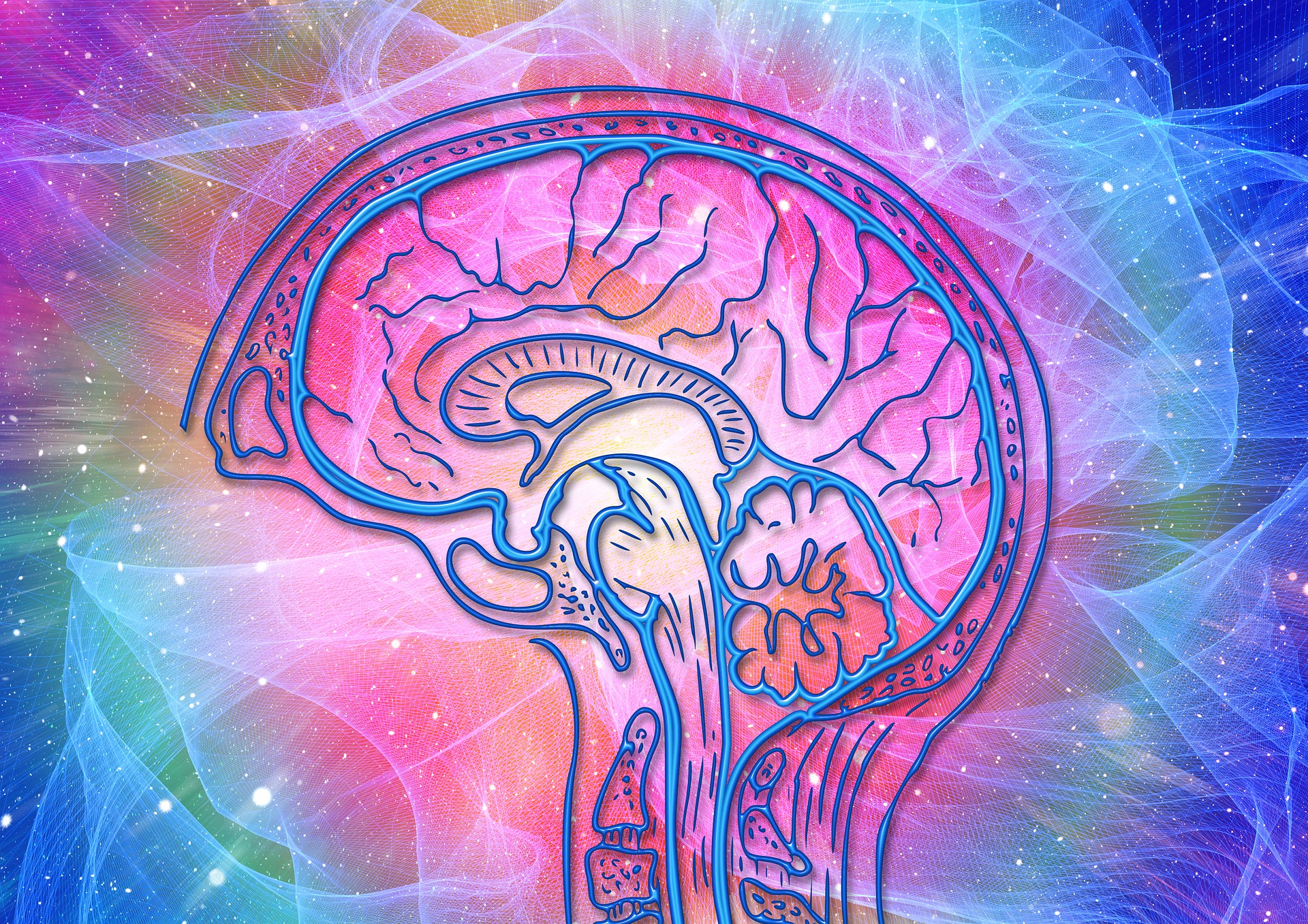Can Games Really Help with Cognitive Health?
Over the course of the past year, many Americans have been reintroduced to both in-person and online gaming to help mitigate the isolating effects and stress of social distancing. However, his popular hobby and profession does more than bring back the fun to your weeknights. Research indicates that games have the capacity to, “improve memory and thinking performance and exercise social communication abilities.”
Games can be adapted for a wide variety of abilities, interests and ages—thus making it one of the most inclusive and high-participation industries. If you’re interested in leveling up your game night, whether solo or with company, here are some key benefits and ideas worth considering.
Selecting a Game
Remember, if you’re trying to improve cognitive function, you’ll want to seek out games that involve a level of memory recall, strategy or problem-solving. Think of your brain like a muscle: to improve performance, you’ll need consistent and rigorous training. Apps like Lumosity or CogniFit Brain Fitness are great mobile resources to help you identify effective and engaging ways to train your brain. Take what you learn from these introductory tools and apply it to other games in your life, whether playing alone or in groups.
For Individuals
Many games like solitaire, spades or word puzzles are not a race against time or opponents, but rather a challenge against your own abilities. It’s important to consistently challenge your mind as an individual. Instead of scrolling on social media for an hour, take those 60 minutes to push your own abilities and hone in on skills like problem-solving, critical thinking and cognitive recall.
For Groups
Family and friend game nights are a great way to engage in some collaborative mental exercises. Experts suggest that poker may be one of the best options for your get-together, facilitating a night full of strategy, planning and risk. To create the perfect poker game night, focus on four key components:
- Venue: Where is the event, and what kind of setup does it require?
- Players: Who is invited, and how many players do we need?
- Catering: What snacks or food should be provided?
- Play Style: What type of poker will we play, and how can we ensure everyone is aware of the standardized rules?
Once your plan is locked and the invites are sent, get ready for an exciting night that your attendees won’t forget—even if they have to fold a couple hands.
For Seniors
In addition to its role as a social gathering opportunity, games can play a significant role in the daily progress and experience of those living with dementia. “While older adults are more likely to develop memory disorders, symptoms of cognitive impairment can appear in younger adults as well,” shared experts from the Vineyard Henderson Memory Care Community. “As such, caregivers should try to boost both the brain health of their loved one and themselves to reduce the potential chance of cognitive decline.” For example, Solitaire for Seniors is one of that kind of games that will help to keep the mind sharp and at the same time is comfortable to play as it is designed with bigger cards, specially for seniors.
Something for Everyone
No matter your goal, there’s a game for everyone. Gaming is an opportunity to not only have fun but exercise your brain and improve your cognitive health.

